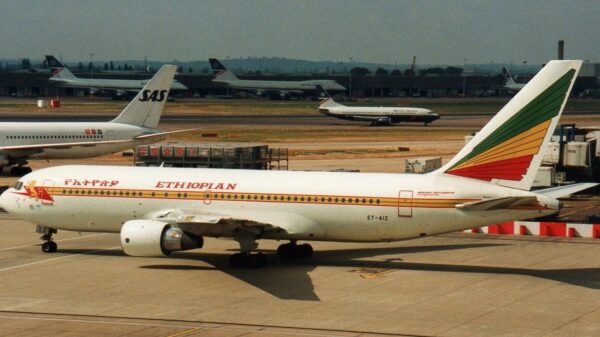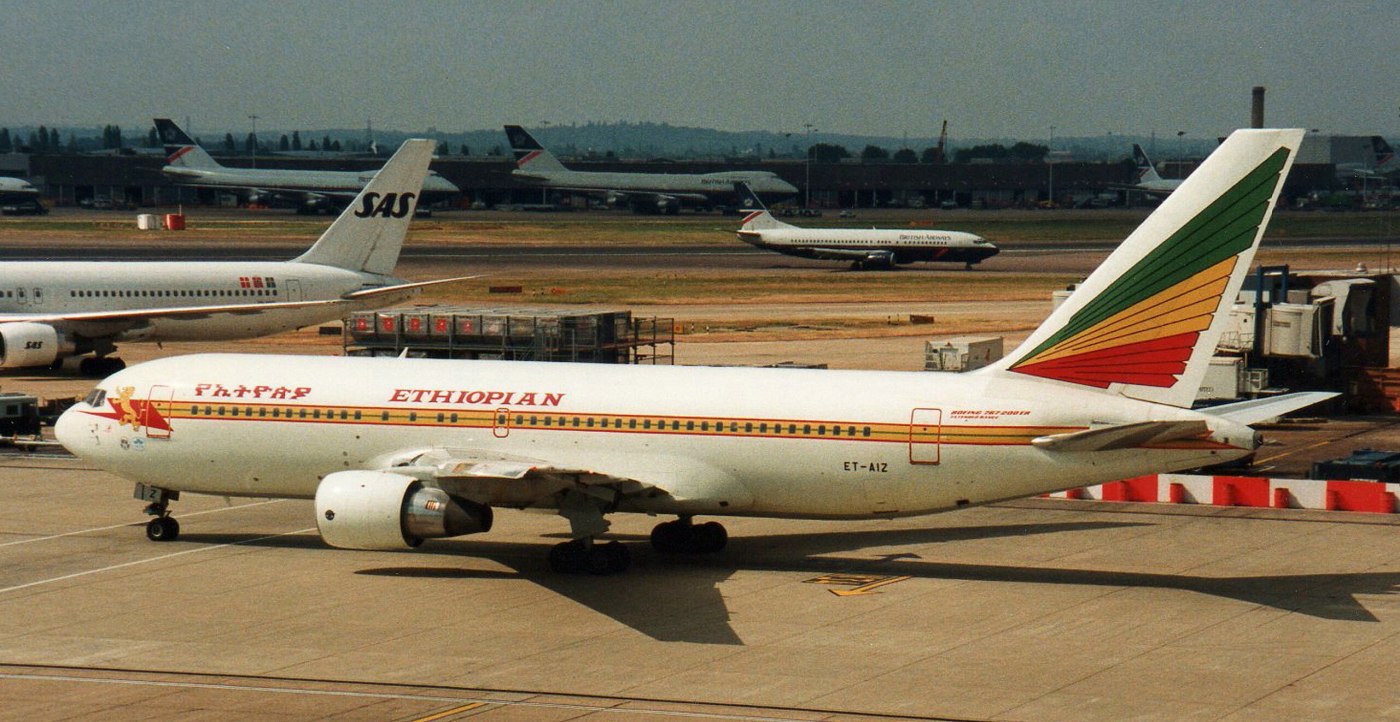UPDATE: On this day, November 23, 1996, a hijacked Ethiopian Airlines Boeing 767 tragically ran out of fuel and crashed into the Indian Ocean near the Comoro Islands, resulting in the deaths of 125 of the 175 people on board, including all three hijackers. This devastating incident marks a significant event in aviation history.
The crash occurred as the aircraft, which had been taken over by armed hijackers, was unable to reach a safe landing spot. The incident shocked the world, highlighting vulnerabilities in airline security and the dire consequences of hijacking.
Today also commemorates other historical events that shaped our world. On November 23, 1863, thousands of Union soldiers, led by Gen. Ulysses S. Grant, launched a critical offensive against Confederate forces during the American Civil War, forcing their retreat into Georgia. This decisive battle was a pivotal moment in the conflict.
In 2005, Ellen Johnson Sirleaf made history as she was elected president of Liberia, becoming Africa’s first democratically elected female head of state. Her leadership emerged during a time when the nation was recovering from a decade-long civil war, a testament to resilience and hope.
As we reflect on these significant events, it is essential to remember the human impact behind the statistics. The Ethiopian Airlines tragedy serves as a haunting reminder of the lives lost and the families forever changed.
In recent years, the memory of this hijacking has resurfaced, particularly in discussions about aviation security and the ongoing challenges faced by airlines in enhancing passenger safety.
What’s Next: As we observe this date in history, it prompts us to consider the advancements in airline security and the lessons learned from past tragedies. How will these incidents shape future protocols in aviation safety?
Stay tuned for further updates and reflections as we continue to honor the memory of those affected by this tragic event.



































































